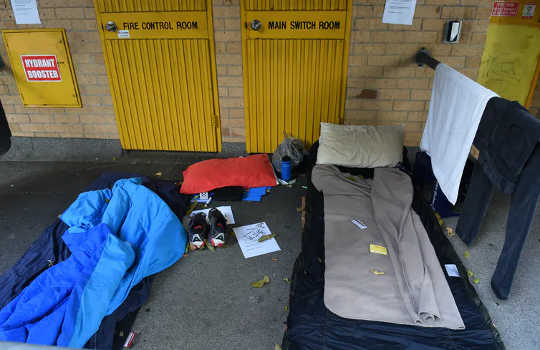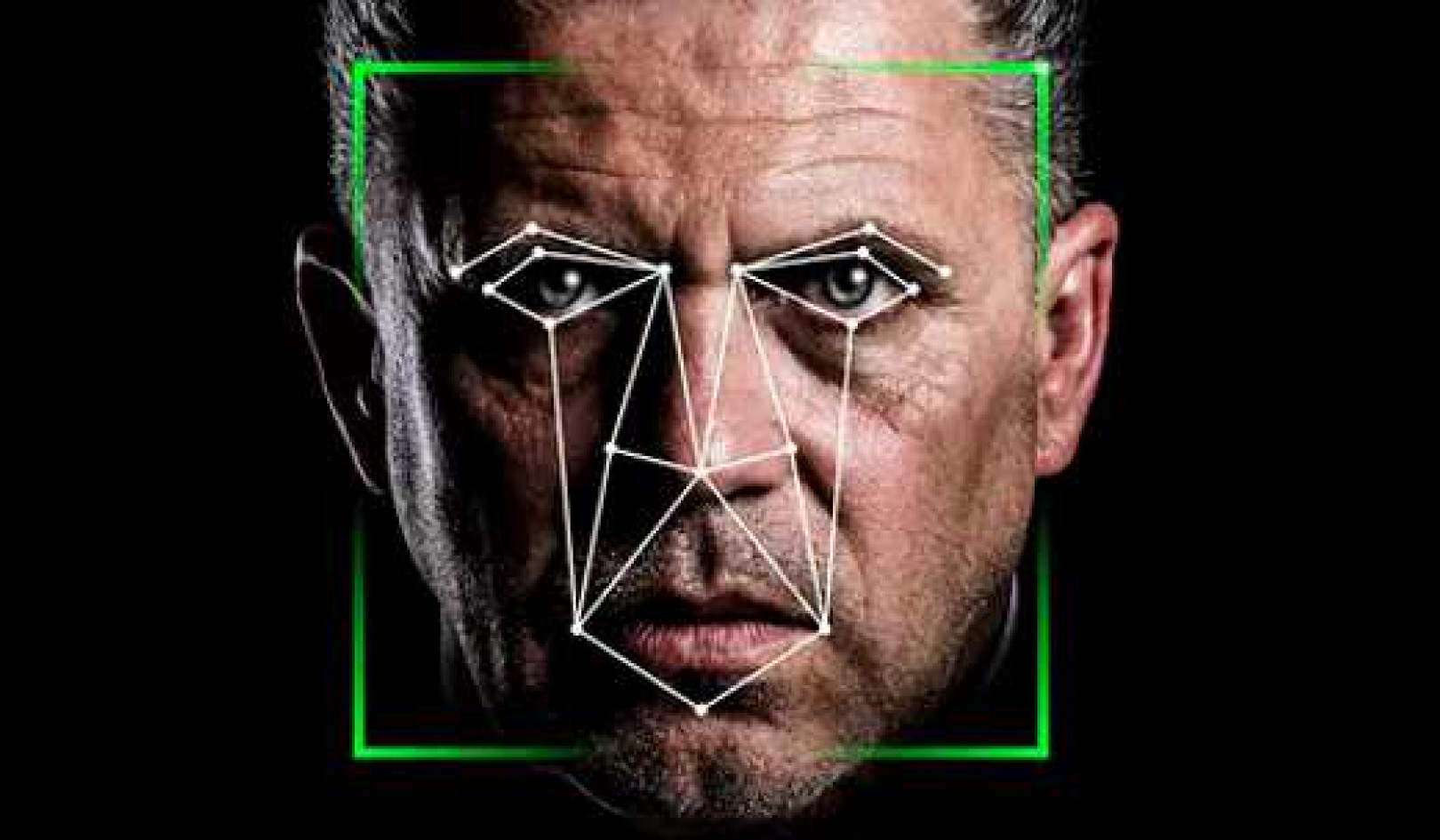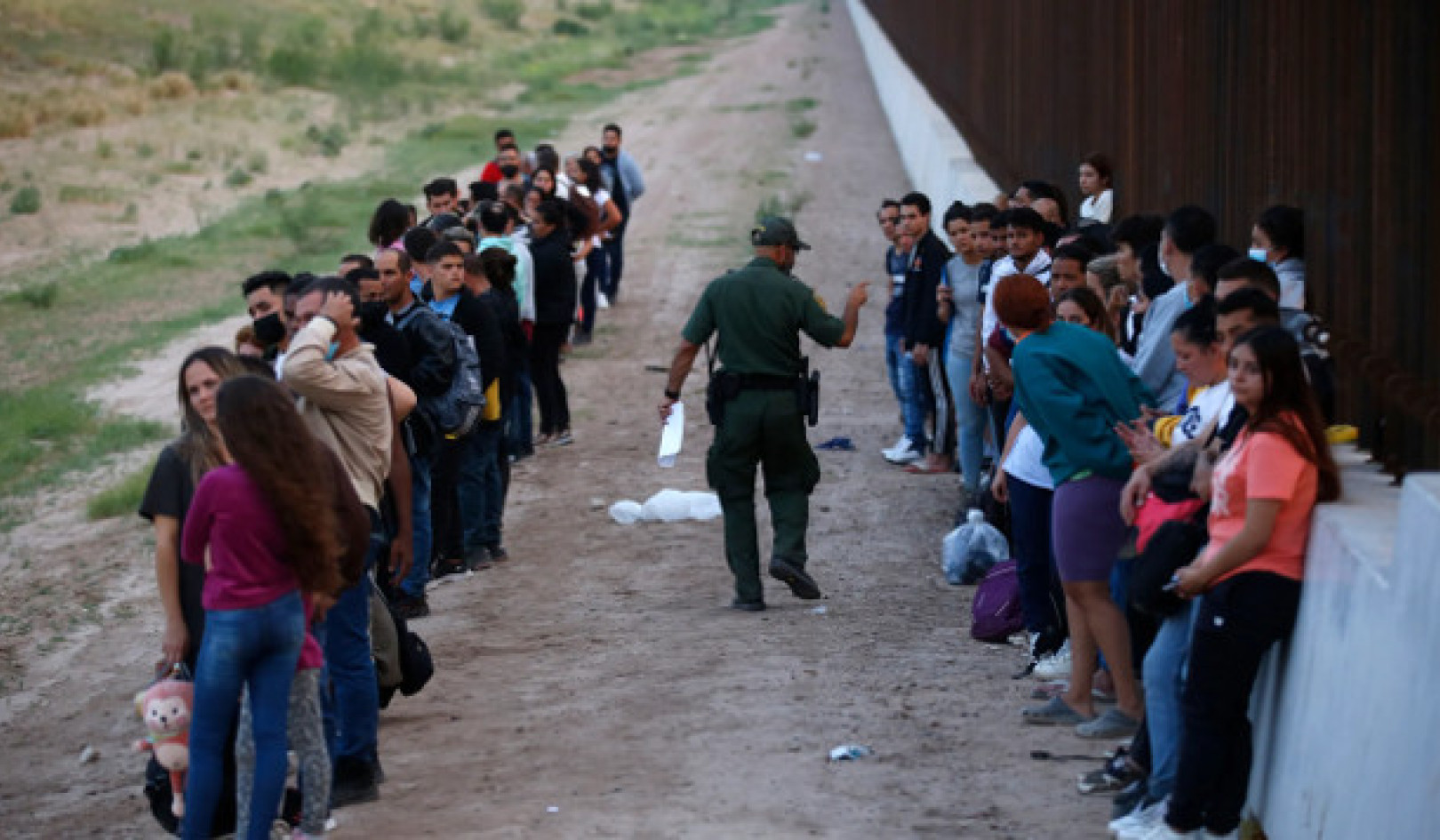
Makeshift beds on the streets of Sydney, Australia. AAP
It costs the state government more to keep a person chronically homeless than it costs to provide permanent supportive housing to end homelessness, our recent research shows.
Over a 12-month period, people who were chronically homeless used state government funded services that cost approximately A$48,217 each. Over another 12-month period in which they were tenants of permanent supportive housing, the same people used state government services that cost approximately A$35,117.
The significance of this cost difference is remarkable. Yes, people use A$13,100 less in government-funded services when securely housed compared to the services they used when they were chronically homeless. But, on top of that, the annual average of A$35,117 in services used by supportive housing tenants includes the A$14,329 cost of providing the housing and support.
These cost offsets are both compelling and robust. Rather than the sub-optimal approach of surveying people to estimate service use, our cost offsets of ending chronic homelessness are drawn from an analysis of linked government data.
We wanted to generate evidence that would convince not only international peer review journal editors, but that would convince government officials responsible for decisions about public spending. With informed and voluntary consent, we accessed and linked the service usage data from emergency department presentations, in-patients stays, mental health contact, ambulance use, court appearances, prison, probation, parole time, police arrests, victims of crime and police custody, and use of homeless accommodation services.
The technical process of obtaining and linking administrative data is simple; the administrative, legislative, and ethical processes are challenging. Nevertheless, with the backing and support of several key government representatives, we produced evidence that is unique in Australia.
We should end homelessness because housing exclusion is an injustice. Without access to affordable and secure housing, people are unable to live with dignity. Without housing in which they are safe and free, they lack the physical amenity to control their lives.
Homelessness is a material deprivation that subverts our capacity to be seen and categorised as a person distinct from what is lacking. But our moral and theoretical reasons for ending homelessness don’t cut it with many. We can talk about housing as a human right, and how homelessness should be ended because it is the right thing to do, but those with the power to end homelessness have so far been unable or unwilling to do so.
Hard evidence that shows how it costs the state less to end chronic homelessness than it does to perpetuate the cycle of homelessness can help bolster our moral arguments. Our research forces us to evaluate where we want to invest our public money.
If we continue with the social conditions that keep people chronically homeless, which often means living on the streets and moving in and out of insecure and informal accommodation, our taxes need to be directed toward hospital beds, ambulance rides, and a criminal justice system that spends time and resources responding to physical manifestations of poverty. If we keep people chronically homeless and living on the streets, it also means that activities of providing blankets, soup, and mobile washing and showering facilities somehow seem like reasonable things to do. They are not.
On the other hand, the evidence makes clear that we ought to redirect our money towards permanent supportive housing. Compared to the cost of providing emergency health and criminal services to people without housing, investing in permanent supportive housing constitutes a cost offset.
When we provide permanent supportive housing, not only do we realise whole of government cost offsets, but the way people live their lives changes demonstrably.
Our data show that when people are tenants of supportive housing, their low level criminal behaviour and reliance on crisis health and temporary accommodation services that characterised their lives while homeless reduces. For example, sustaining housing, compared to being homeless for a year, was associated with a 52% reduction in criminal offending, a 54% reduction in being a victim of crime, and 40% reduced time spent in police custody. Their use of short term crisis accommodation reduced by 99%; mental health service used declined by 65%.
When people have access to housing that is safe and affordable, they no longer have to live as patients, criminals, inmates, clients, and homeless people.![]()
About the Author
Cameron Parsell, Research Fellow, homelessness, social welfare, and poverty, The University of Queensland
This article is republished from The Conversation under a Creative Commons license. Read the original article.
Books on Inequality from Amazon's Best Sellers list
"Caste: The Origins of Our Discontents"
by Isabel Wilkerson
In this book, Isabel Wilkerson examines the history of caste systems in societies around the world, including in the United States. The book explores the impact of caste on individuals and society, and offers a framework for understanding and addressing inequality.
Click for more info or to order
"The Color of Law: A Forgotten History of How Our Government Segregated America"
by Richard Rothstein
In this book, Richard Rothstein explores the history of government policies that created and reinforced racial segregation in the United States. The book examines the impact of these policies on individuals and communities, and offers a call to action for addressing ongoing inequality.
Click for more info or to order
"The Sum of Us: What Racism Costs Everyone and How We Can Prosper Together"
by Heather McGhee
In this book, Heather McGhee explores the economic and social costs of racism, and offers a vision for a more equitable and prosperous society. The book includes stories of individuals and communities who have challenged inequality, as well as practical solutions for creating a more inclusive society.
Click for more info or to order
"The Deficit Myth: Modern Monetary Theory and the Birth of the People's Economy"
by Stephanie Kelton
In this book, Stephanie Kelton challenges conventional ideas about government spending and the national deficit, and offers a new framework for understanding economic policy. The book includes practical solutions for addressing inequality and creating a more equitable economy.
Click for more info or to order
"The New Jim Crow: Mass Incarceration in the Age of Colorblindness"
by Michelle Alexander
In this book, Michelle Alexander explores the ways in which the criminal justice system perpetuates racial inequality and discrimination, particularly against Black Americans. The book includes a historical analysis of the system and its impact, as well as a call to action for reform.























